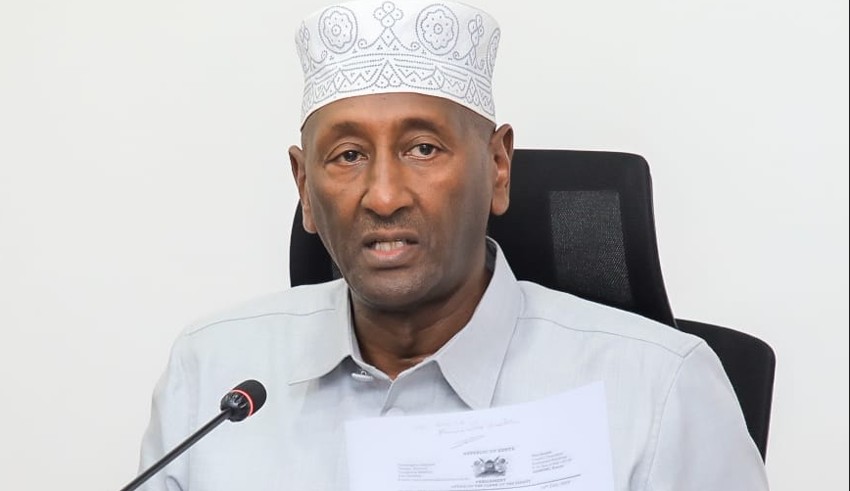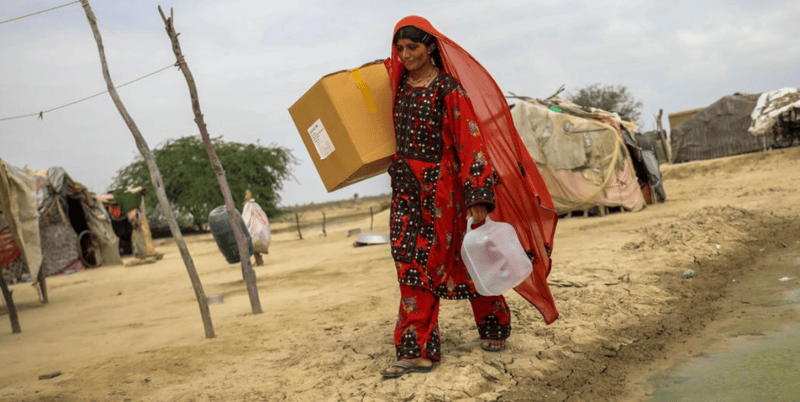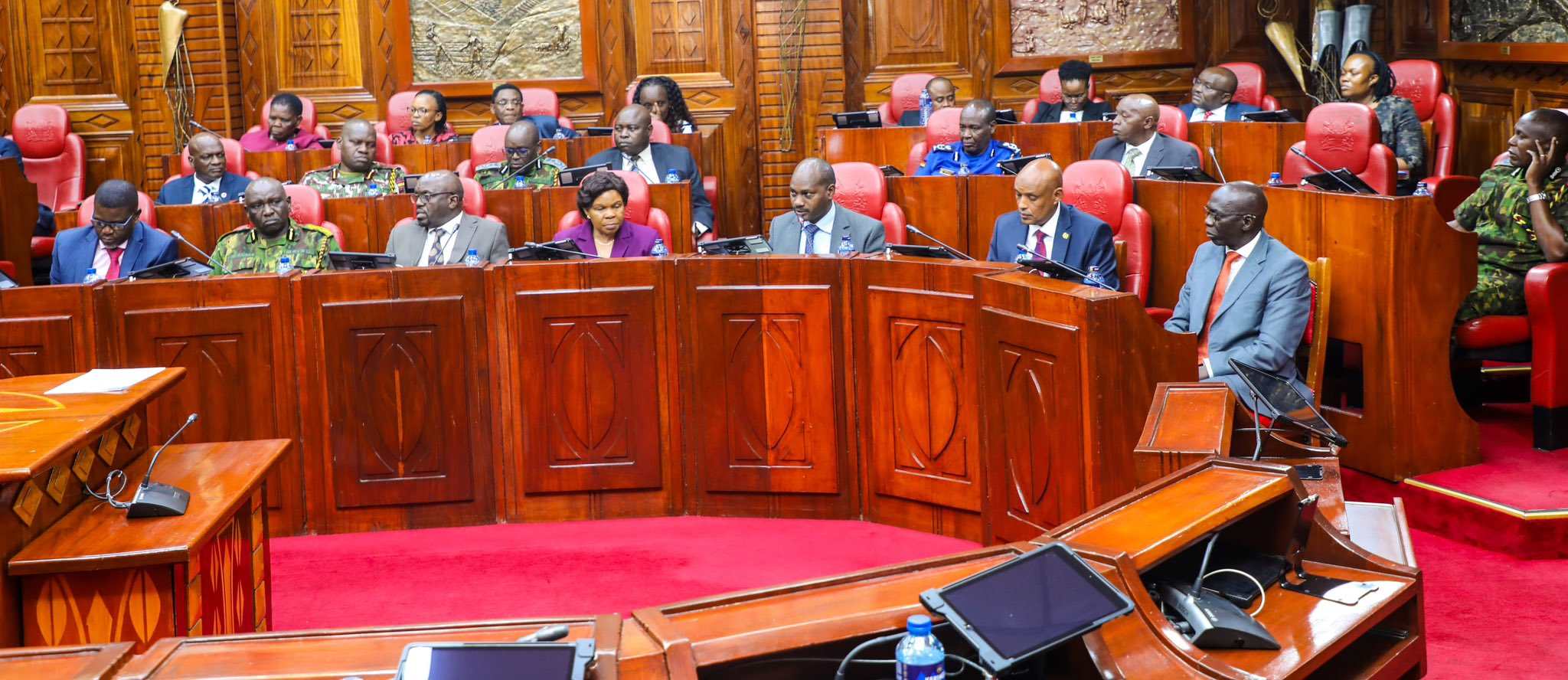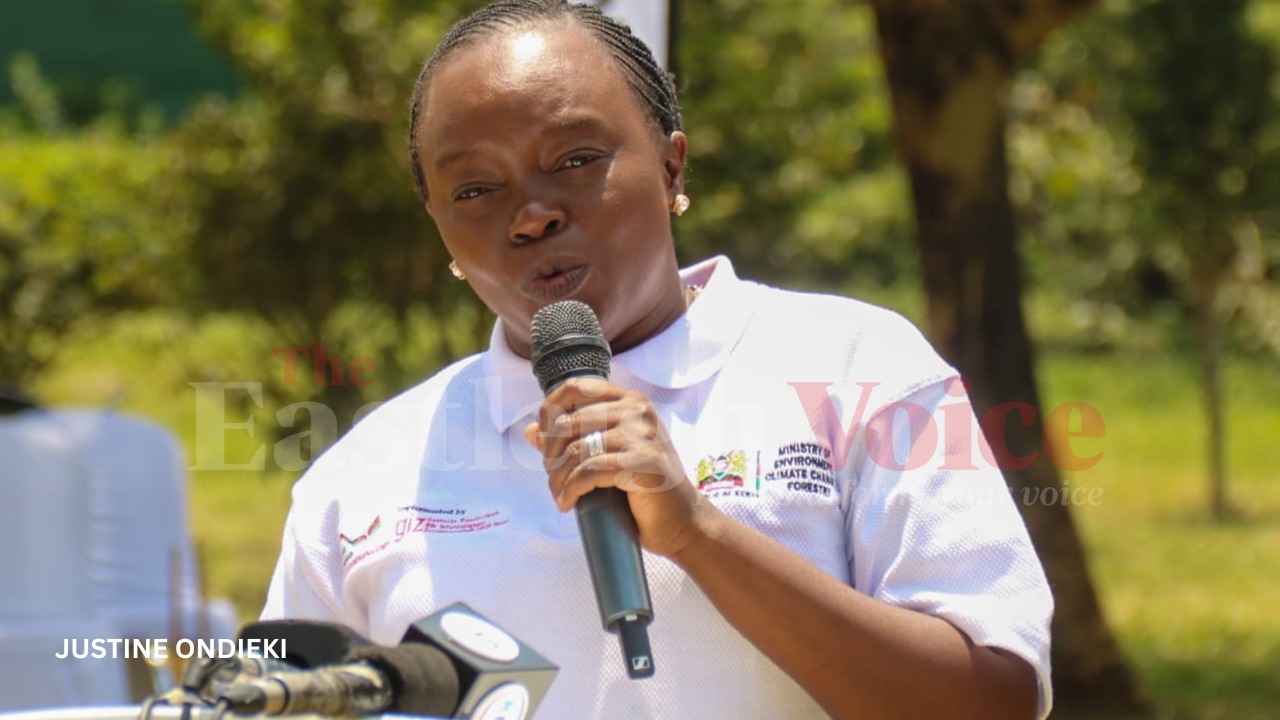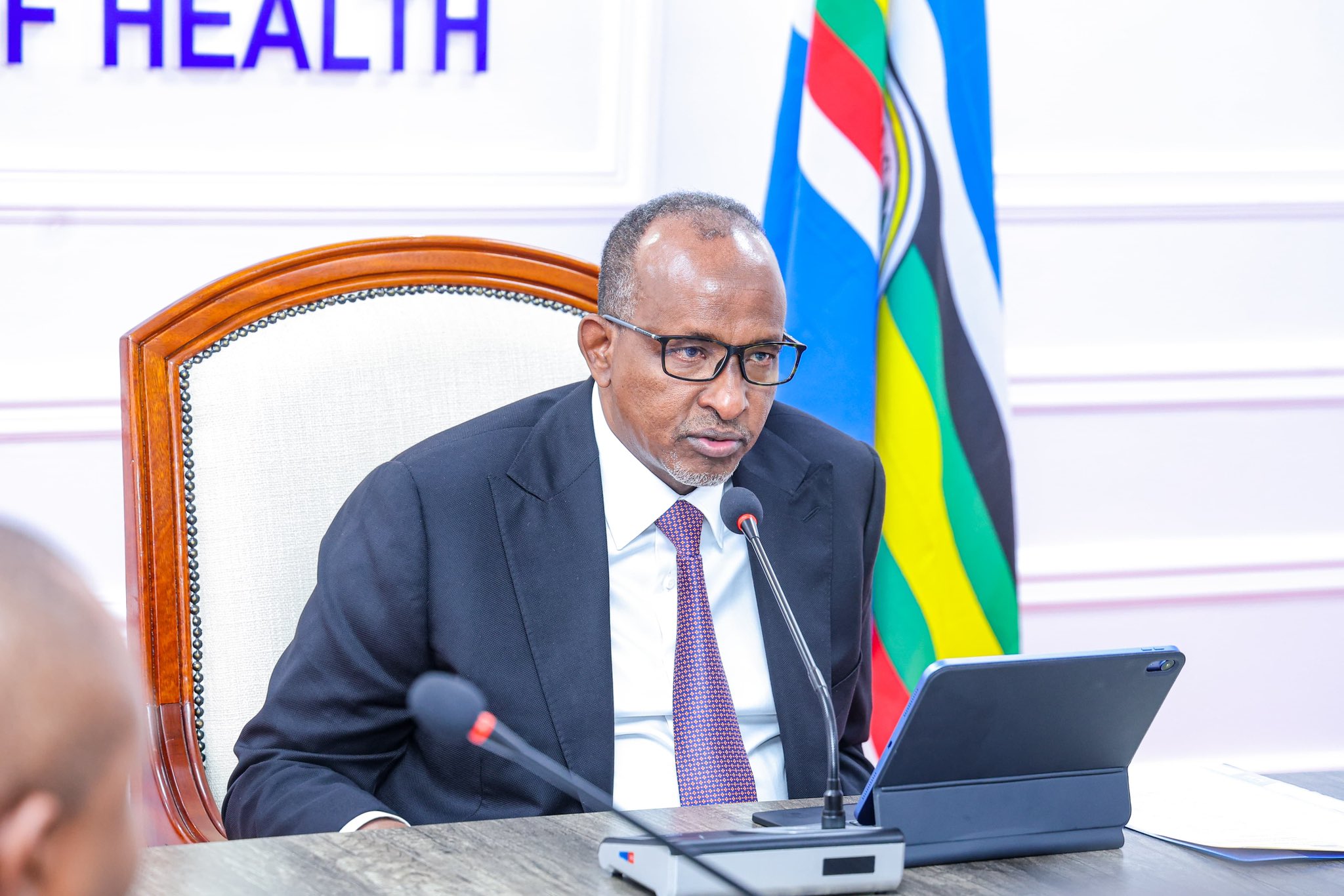HELB confirms full funding for university and TVET students despite past delays
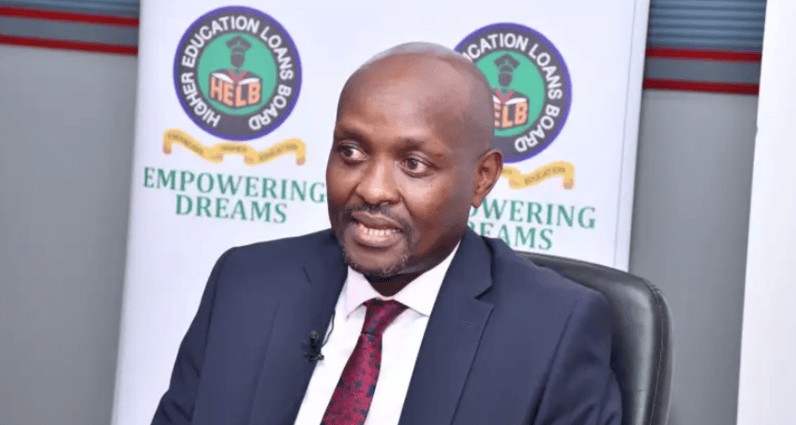
Several students had reported delays in receiving their loans, which risked preventing them from registering for classes or sitting exams.
The Higher Education Loans Board (HELB) has assured it is fully prepared to meet the capitation needs of university and TVET students, dispelling fears of a funding crisis.
The board reported that Sh26.1 billion has already been disbursed to university students and Sh7.9 billion to TVET trainees for the 2024/2025 cycle. Additional funds through supplementary estimates will cover any shortfalls in the coming semester.
More To Read
- How tuition fee cut is forcing universities to rethink survival strategies
- HELB extends student loan application deadline
- Government disburses Sh23.16 billion to university, TVET students
- HELB disburses Sh9.46 billion to over 309,000 university students, easing fee confusion
- First-year university students face chaos over upfront payments after fee reductions
- HELB loans awarded to 136,000 first-time university students as government caps fees
HELB Chief Executive Officer Geoffrey Monari expressed confidence in the board’s ability to meet students’ needs despite months of uncertainty that threatened to paralyse higher education institutions.
Several students had reported delays in receiving their loans, which risked preventing them from registering for classes or sitting exams.
“Currently, we don’t have any problem; as we go into the next semester, we will have gotten money through supplementary estimates to cater for any shortfall because now we know the number of students. We are on track,” Monari said.
He reassured that no eligible student will be locked out due to delayed HELB payments.
Assurance to universities
“We have discussed with vice chancellors that if there is money that we have not sent, and we usually have it on our portal, we have given assurance to universities that that money will be paid. Students should not be sent home or miss exams because HELB has not paid,” he said.
Education CS Julius Ogamba echoed this, stating, “No student who deserves to be in university and who needs to will miss their position because of their status in life.”
To improve efficiency and fairness, HELB has eliminated banding in loan allocations. Monari also revealed plans to issue a social bond to securitise loan repayments, noting that only about 67 per cent of past beneficiaries repay loans, leaving 33 per cent in default.
“People should come forward and start repaying their loans. Last year we received Sh5 billion, which we used to pay for our students; 499,000 currently in university and 114,000 TVET students,” Monari said.
The previous cash crunch had serious implications for universities and TVETs. In July, HELB confirmed it did not have sufficient funds to issue new loans.
Of the Sh48 billion required in the previous financial year, only Sh26 billion was released, leaving over 100,000 students partially or fully unsupported.
“We paid upkeep for some, but not tuition. Second semester is worse, we haven’t paid tuition at all,” Monari said then.
“Universities and TVETs are bleeding. We avoided protests, but the money is simply not enough.”
HELB also revealed it is seeking access to data from KRA and NTSA to track defaulters who have acquired assets without repaying loans.
“Some have bought cars but won’t repay their HELB loans; that has to stop,” Monari said.
To secure long-term funding, HELB proposed reforms including a three per cent VAT allocation to higher education, modelled on Ghana’s 2.5 per cent contribution, as well as a voluntary savings scheme for parents to ease dependence on government loans.
Top Stories Today
